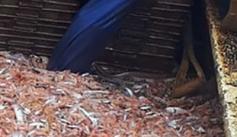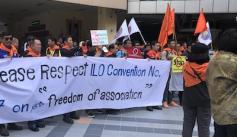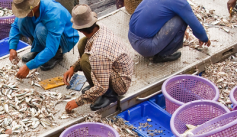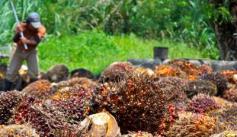GLJ-ILRF, along with 18 other human and workers' rights organizations filed an amicus brief in the case of Keo Ratha, et al. v. Phattana Seafoods, Co. Ltd. et al with the U.S. Ninth Circuit Court of Appeals in support of seven Cambodian migrant workers who were allegedly trafficked to work in a seafood factory in Thailand. The Ninth Circuit had affirmed the district court's judgement in favor of the defendants, denying the plaintiffs-appellants civil remedy under the Trafficking Victims Protection Reauthorization Act (TVPRA).






